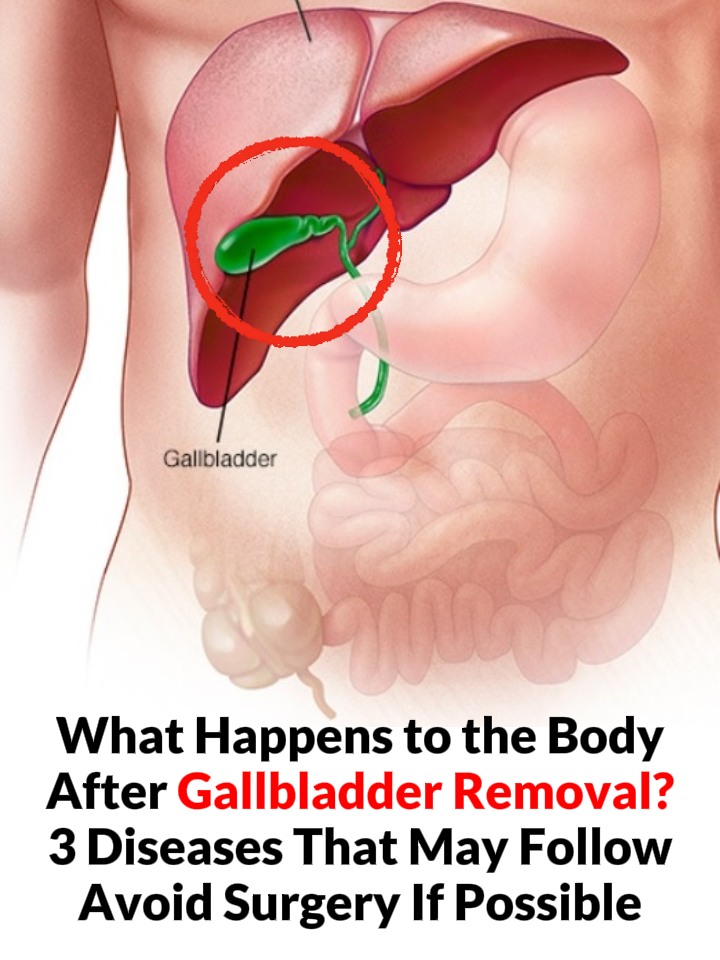The gallbladder is a small, pear-shaped organ located beneath the liver. Its main function is to store and release bile, a greenish fluid that helps the body digest fats. Though small, it plays an important role in the digestive process.
Several conditions can affect the gallbladder, with gallstones being the most common. Other issues include acute cholecystitis, gallstone pancreatitis, and, more rarely, gallbladder cancer. These conditions often cause abdominal pain that can radiate to the back or chest, and may also lead to fever, itching, nausea, bloating, or fatigue.
In many cases, treatment involves surgical removal of the gallbladder. Although the organ is helpful, it is not considered essential, and most people function well without it after recovery. Some individuals may experience temporary digestive changes as bile flows directly into the intestines.
After surgery, patients are generally advised to avoid greasy, high-fat foods, which can worsen bloating or diarrhea. Many people follow a modified diet for several weeks, and some may notice mild weight loss as they adjust to new eating habits.
